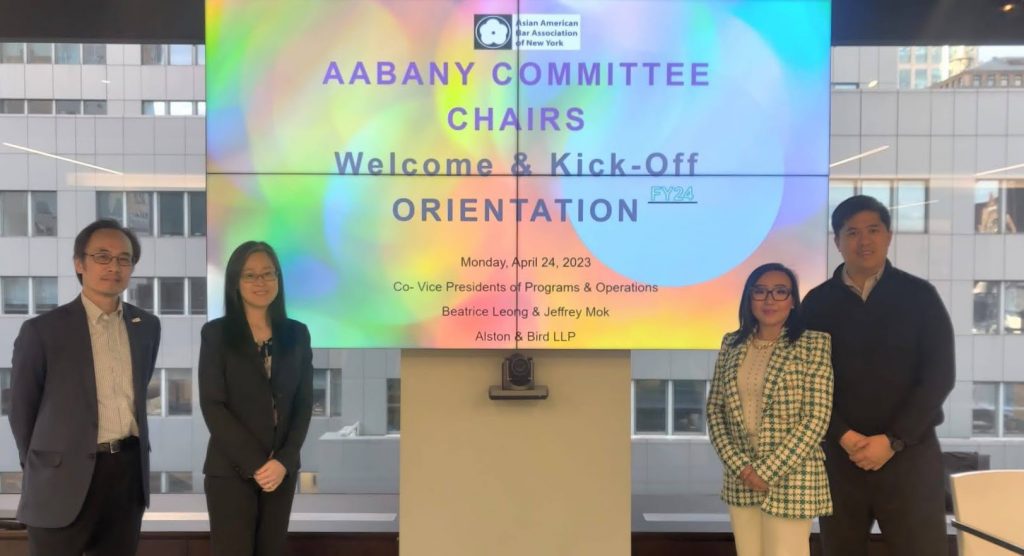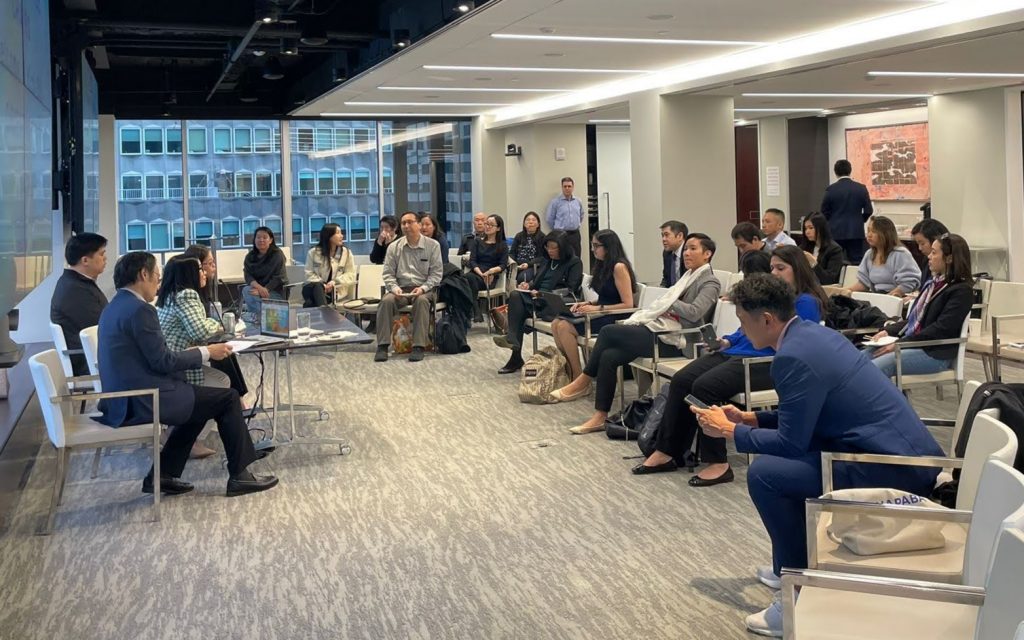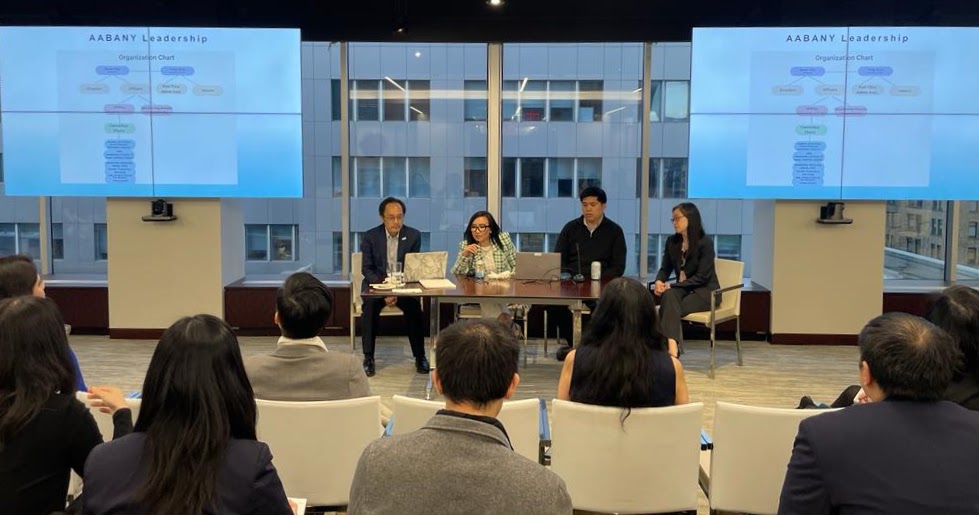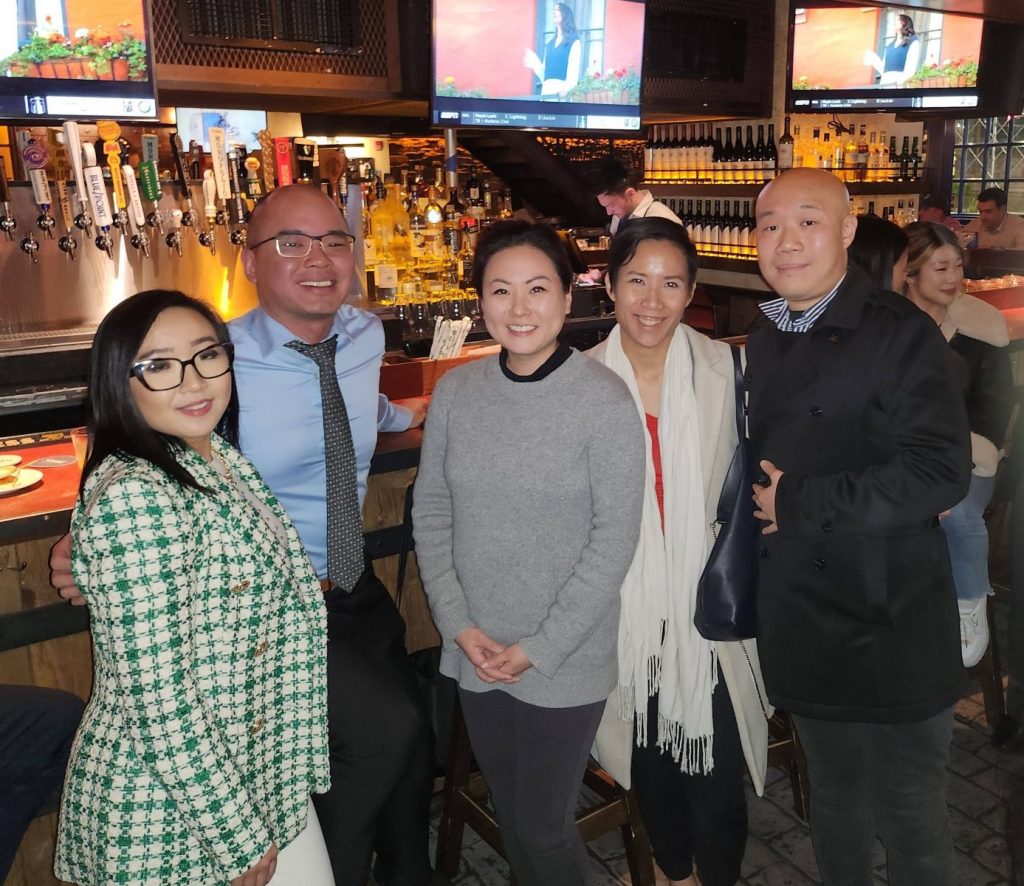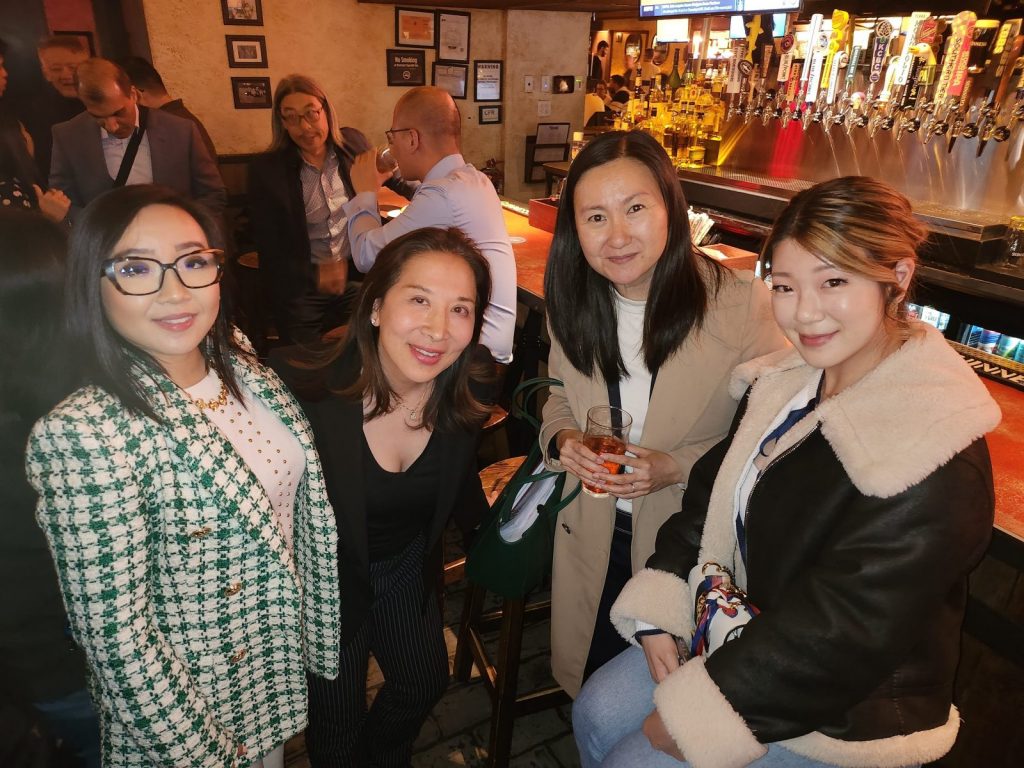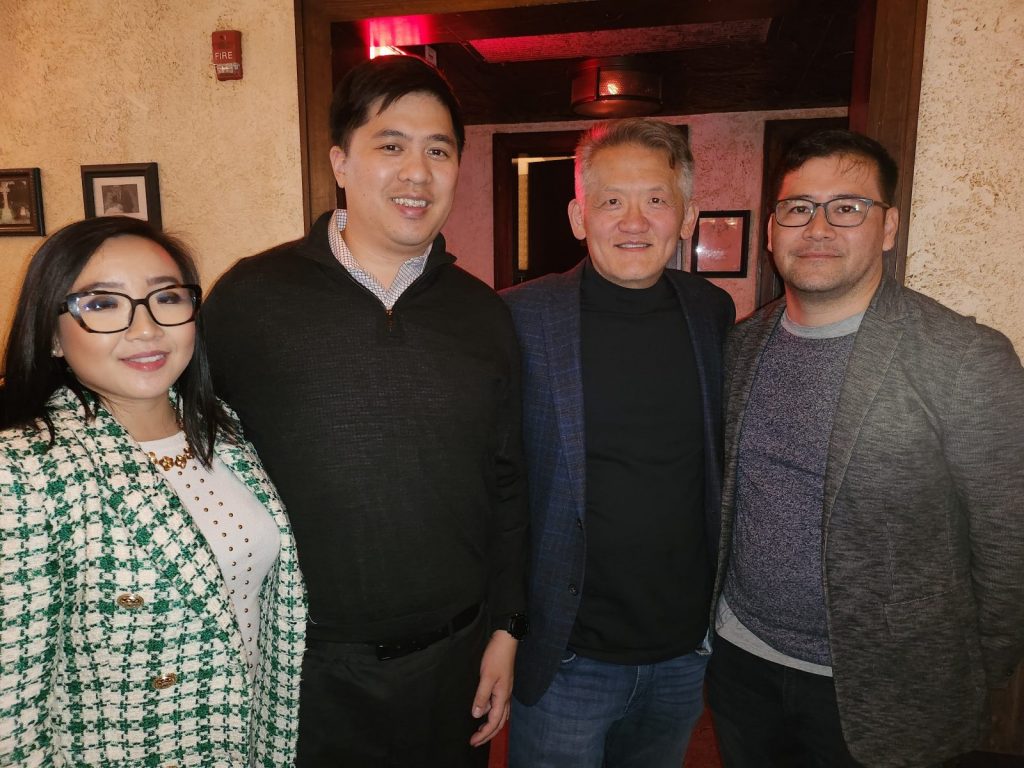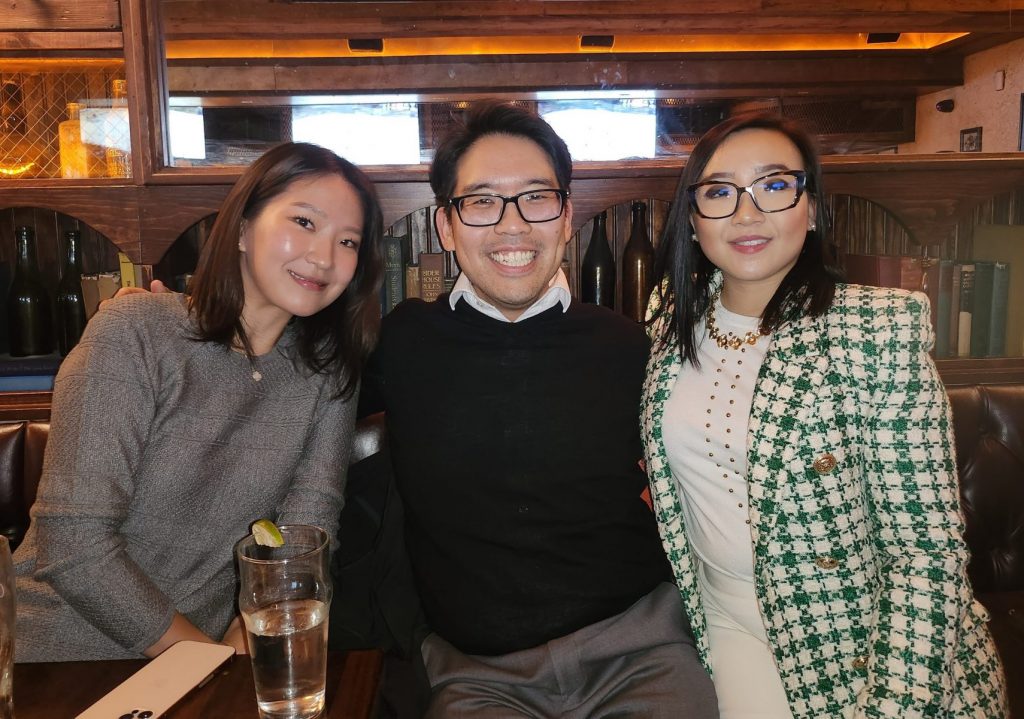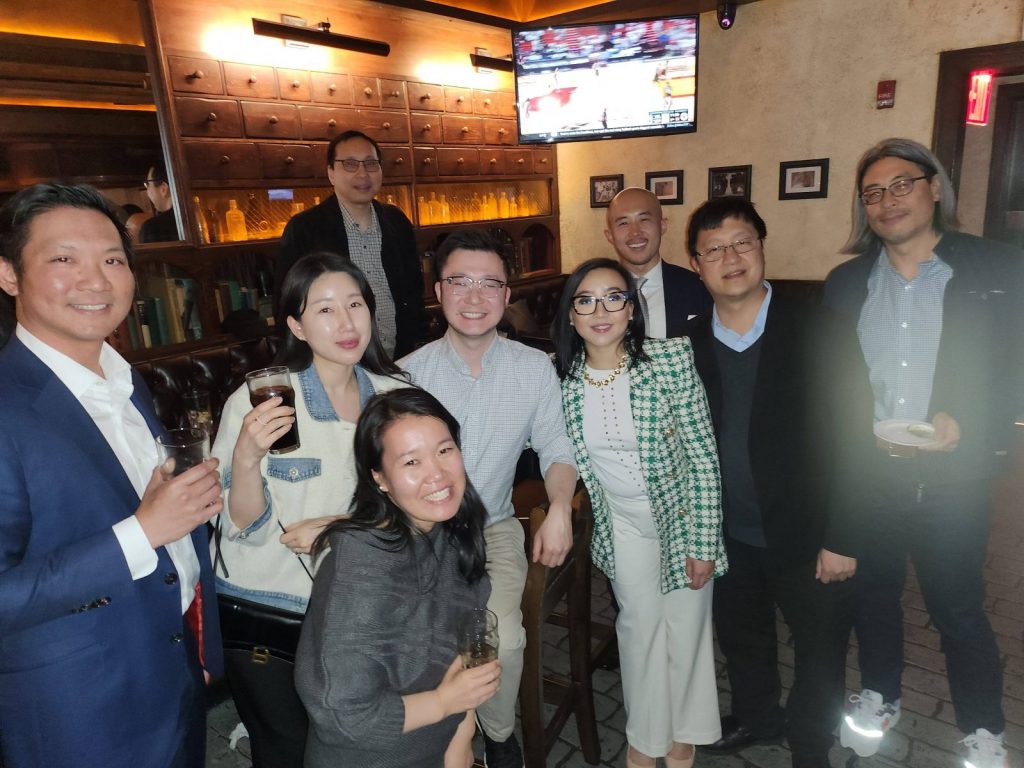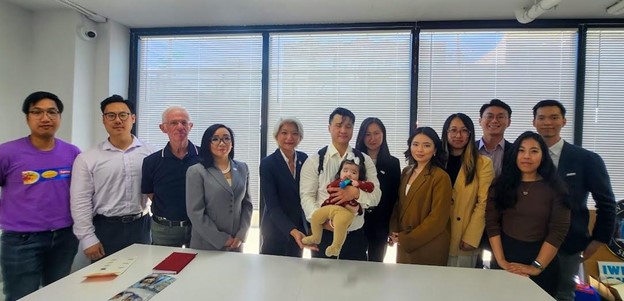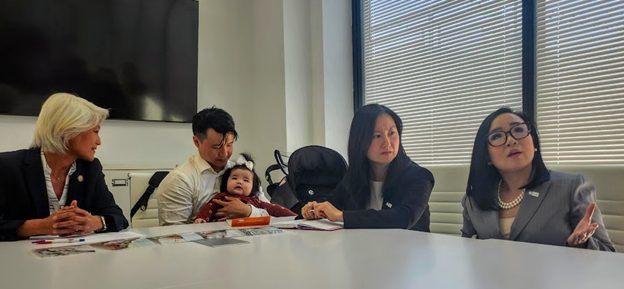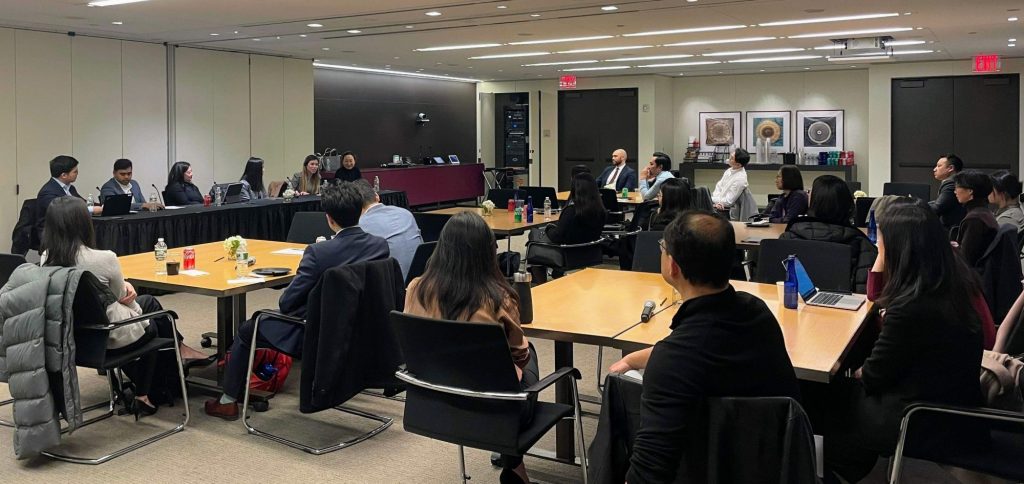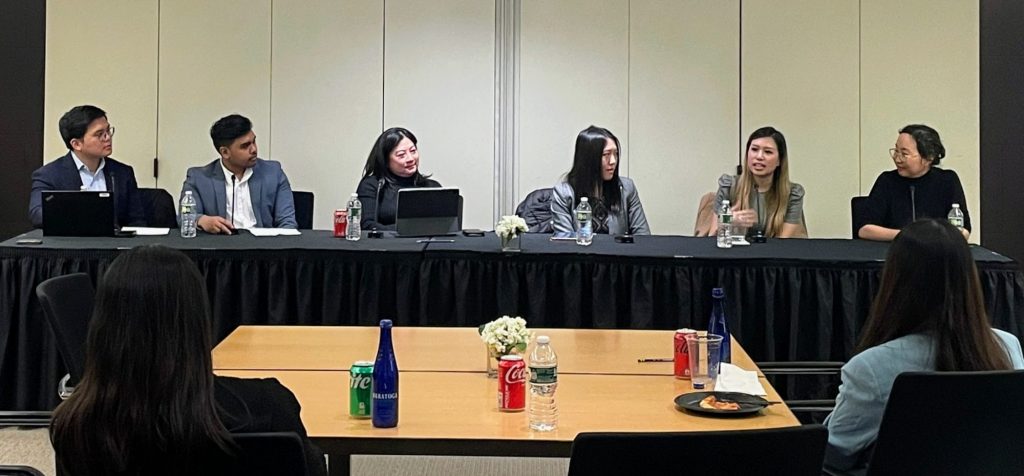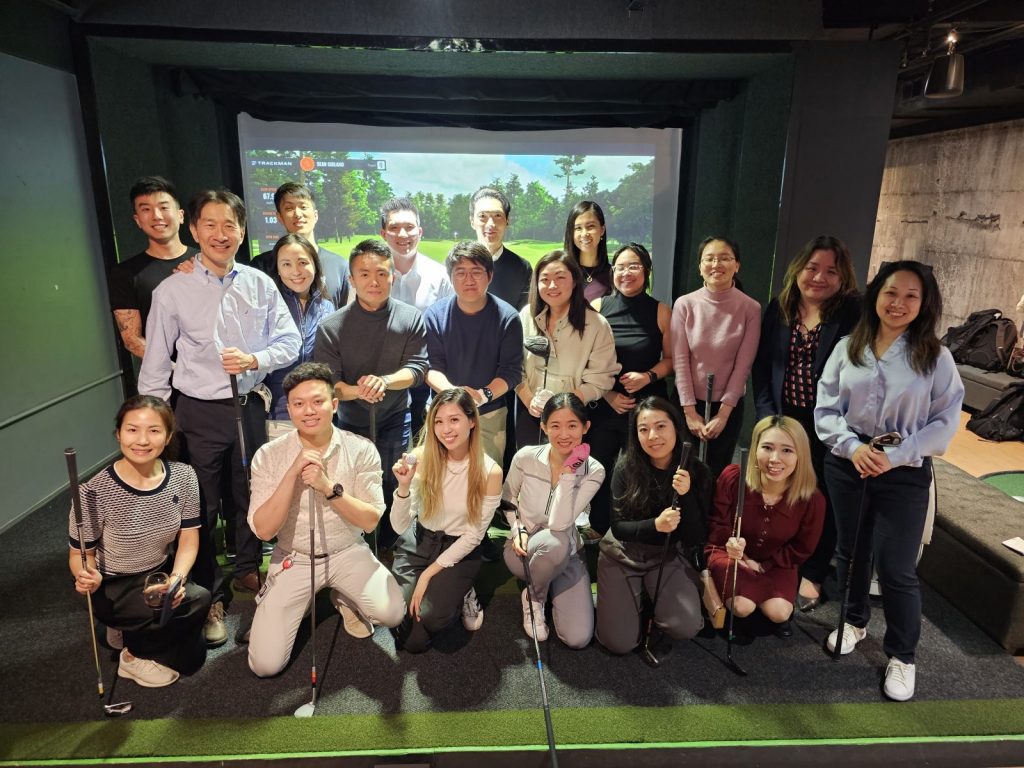| For Immediate Release: Date: May 4, 2023 | Contact: Priya Purandare, Executive Director |
WASHINGTON – On May 4, the Senate confirmed Judge Wesley L. Hsu to the U.S. District Court for the Central District of California by a vote of 53 to 43.
“NAPABA congratulates Judge Hsu on his confirmation to the U.S. District Court for the Central District of California,” said Sandra Leung, president of NAPABA. “Judge Hsu, a 2005 NAPABA Best Lawyers Under 40 awardee, has shown strong leadership in his professional career and volunteer work with the AAPI community. We are proud to have supported Judge Hsu’s nomination and are delighted he was confirmed.”
Judge Hsu has an extensive legal career spanning nearly three decades. He previously served in the Los Angeles County Superior Court in 2017. Before he was appointed a judge, Hsu served for 17 years as the Executive United States Attorney and Deputy United States Attorney in the Office of the United States Attorney in the Central District of California. He has clerked for the Hon. Mariana R. Pfaelzer of the U.S. District Court for the Central District of California, and he has experience in the private sector from his time at a private law firm.
“President Biden has appointed 19 out of the 52 AAPI active Article III judges,” said Priya Purandare, executive director of NAPABA. “Today, as we head into the 31st Asian American, Native Hawaiian, and Pacific Islander Heritage Month, we celebrate a judiciary more reflective of the people it serves.”
In addition to his professional work, Judge Hsu is active in his community as a member of the Board of Governors for the Asian Pacific American Women Lawyers Alliance, a Founding Member of NAPABA’s Government Enforcement and Compliance Committee, and NAPABA’s Data Security and Privacy Committee, and a Co-Chair of the California Asian Pacific American Judges Association. His service to the AAPI community has been recognized by NAPABA with its Best Lawyers Under 40. Judge Hsu has served as an adjunct professor at Loyola Marymount Law School and a writing instructor at the University of Southern California Law School and is a graduate of Yale University and Yale Law School.
NAPABA thanks President Biden for nominating Judge Hsu and Senators Feinstein and Padilla for supporting and recommending his nomination.
#
The National Asian Pacific American Bar Association (NAPABA), represents the interests of over 60,000 Asian Pacific American (APA) legal professionals and nearly 90 national, state, and local APA bar associations. NAPABA is a leader in addressing civil rights issues confronting APA communities. Through its national network, NAPABA provides a strong voice for increased diversity of the federal and state judiciaries, advocates for equal opportunity in the workplace, works to eliminate hate crimes and anti-immigrant sentiment, and promotes the professional development of people of all backgrounds in the legal profession.


